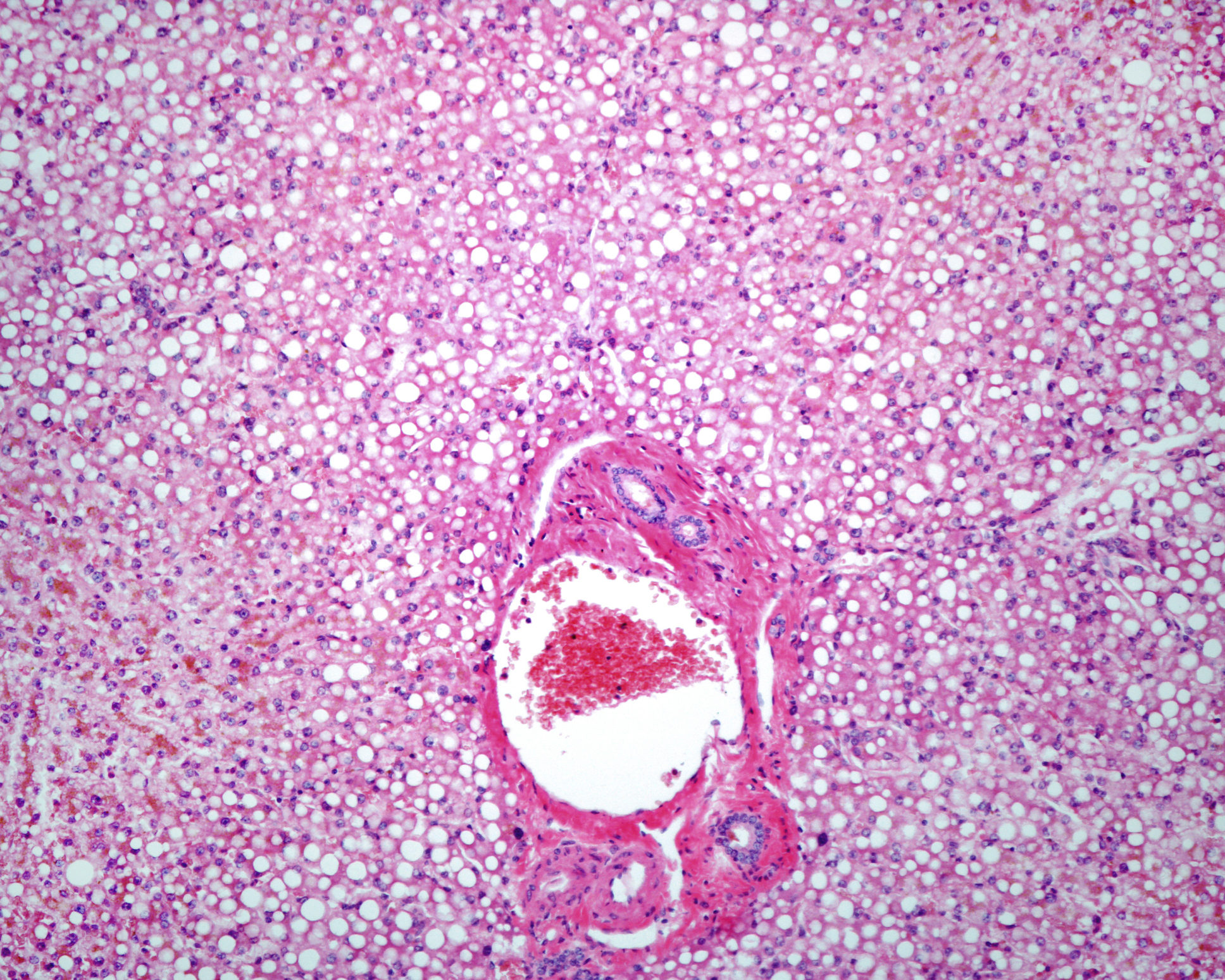The development of immune checkpoint inhibitors has paved the way for targeted tumor control by activating the immune system. Six preparations can now be used to combat a total of seven malignant diseases. But this therapy is not always without consequences.
Immune checkpoint inhibitors (ICI) are characterized by the fact that they do not attack the tumor cells themselves, but stimulate immune cells to defend against the malignant disease. Cancer cells have learned to use different signaling pathways for their own purposes. ICIs reactivate tumor defense by disrupting inhibitory interactions between antigen-presenting cells and T lymphocytes at checkpoints (anti-PD-1/PD-L1, anti-CTLA-4, anti-TIM-3, anti-LAG-3) or stimulating activating checkpoints (CD27, CD40, GITR, CD137). However, they often induce autoimmune side effects that can affect any organ system. Usually dermatological, gastroenterological or endocrinological problems occur. Neurological side effects were described rather rarely in comparison and were not systematically recorded. Therefore, the goal was to classify them in order to develop concepts for a structured diagnostic approach and ultimately an effective therapy.
It should be clarified whether the neurological complaints are attributable to known clinical pictures or whether they are new entities due to the drug-induced autoimmune process. Furthermore, not only should adequate therapy be found, but the most effective treatment standards possible should be developed. For this purpose, CSF and serum analyses, electrophysiological measurements, and MRI examinations were performed in patients undergoing ICI therapy with neurological side effects. Four of seven patients presented with a similar constellation of symptoms consisting of extremity weakness, gait disturbance, ocular muscle paresis, and in some cases cardiac involvement. All patients also had clinical and diagnostic evidence for the presence of demyelinating polyneuropathy, myositis, or myasthenia gravis, or symptoms of several of these conditions. Early, intensive immunomodulatory treatment with intravenous immunoglobulins, among others, was necessary to adequately treat the symptoms.
Neurological side effects associated with treatment with immune checkpoint inhibitors are rare but can have serious consequences. According to the authors, this is a new disease entity in terms of an overlap syndrome of acute neuropathy, myositis and myasthenia gravis.
Source: 92nd Congress of the German Society of Neurology (DGN)
InFo NEUROLOGY & PSYCHIATRY 2019; 17(6): 35 (published 11/23/19, ahead of print).











